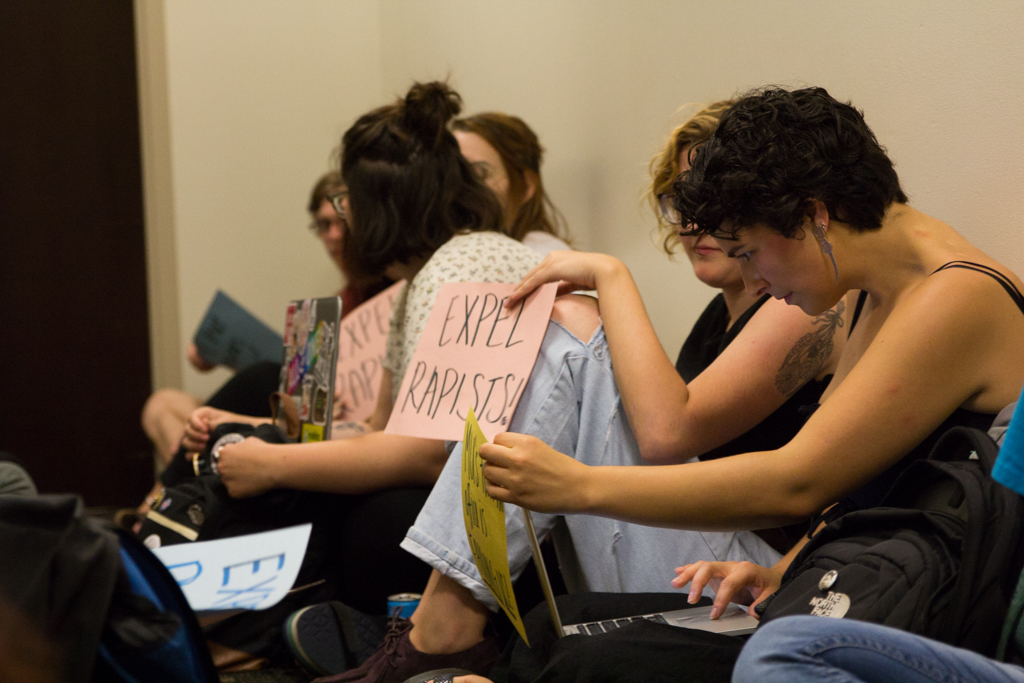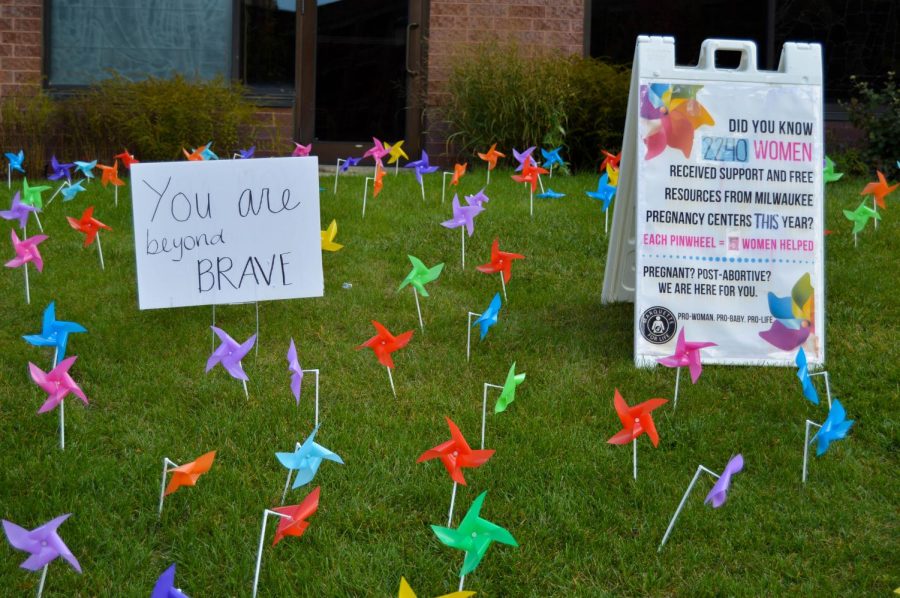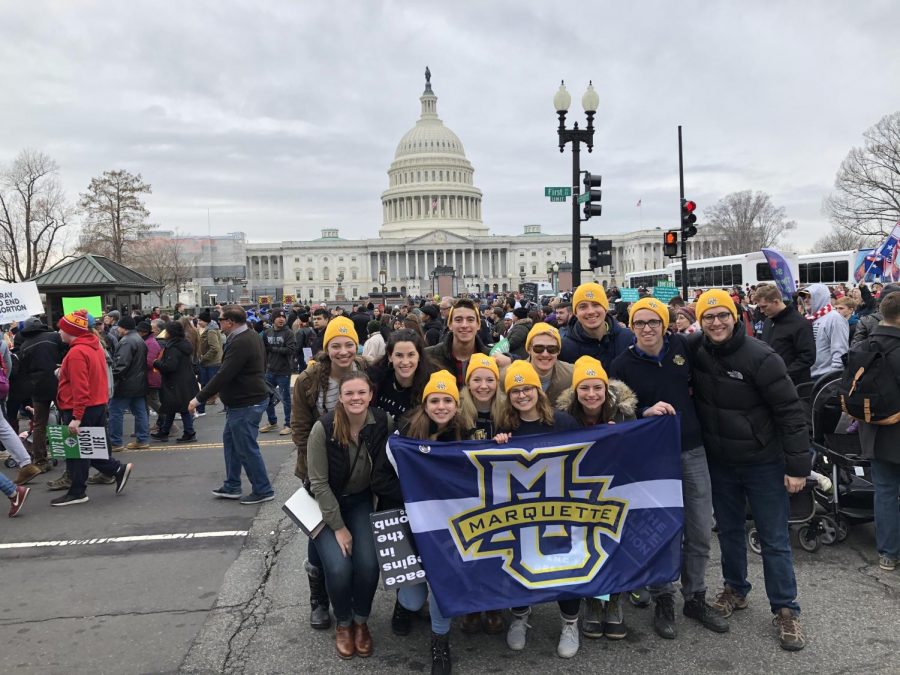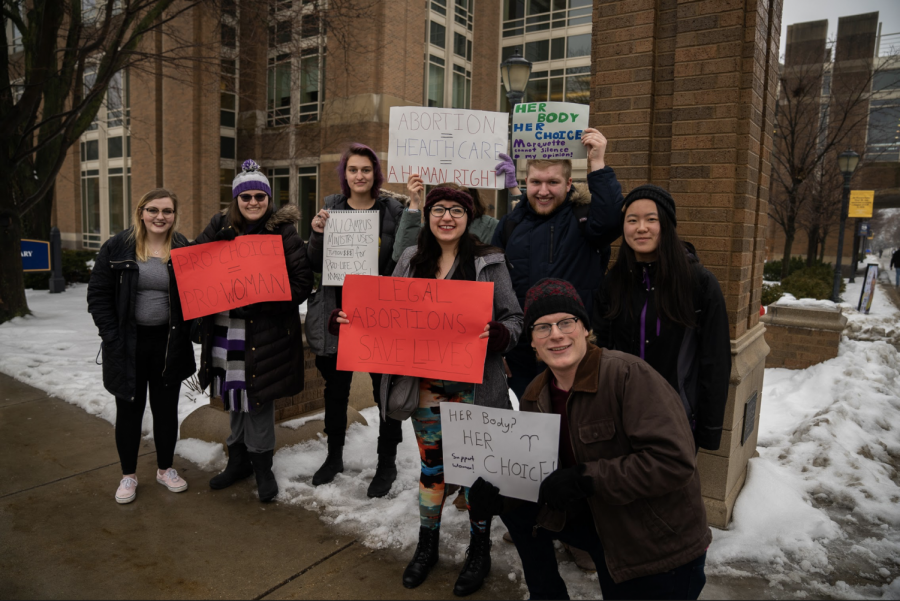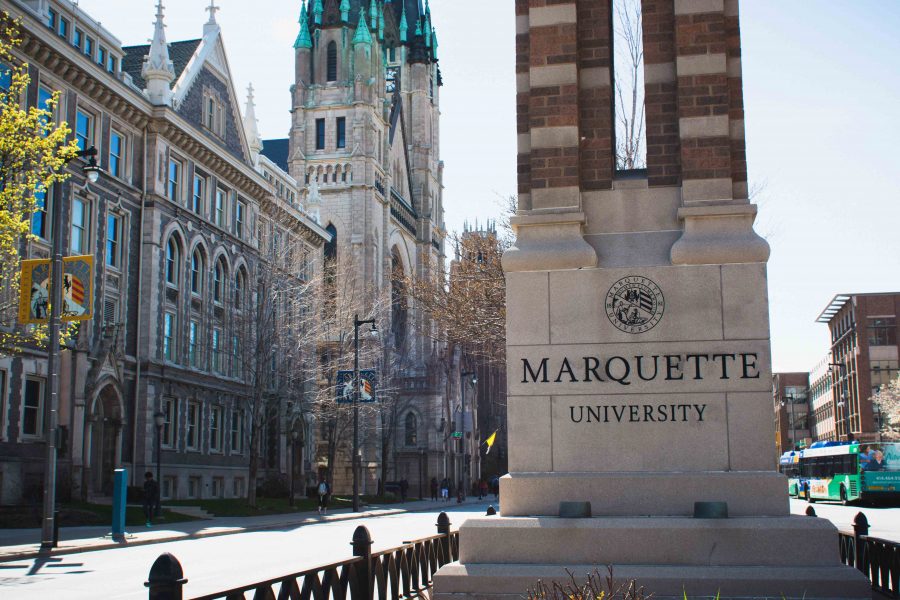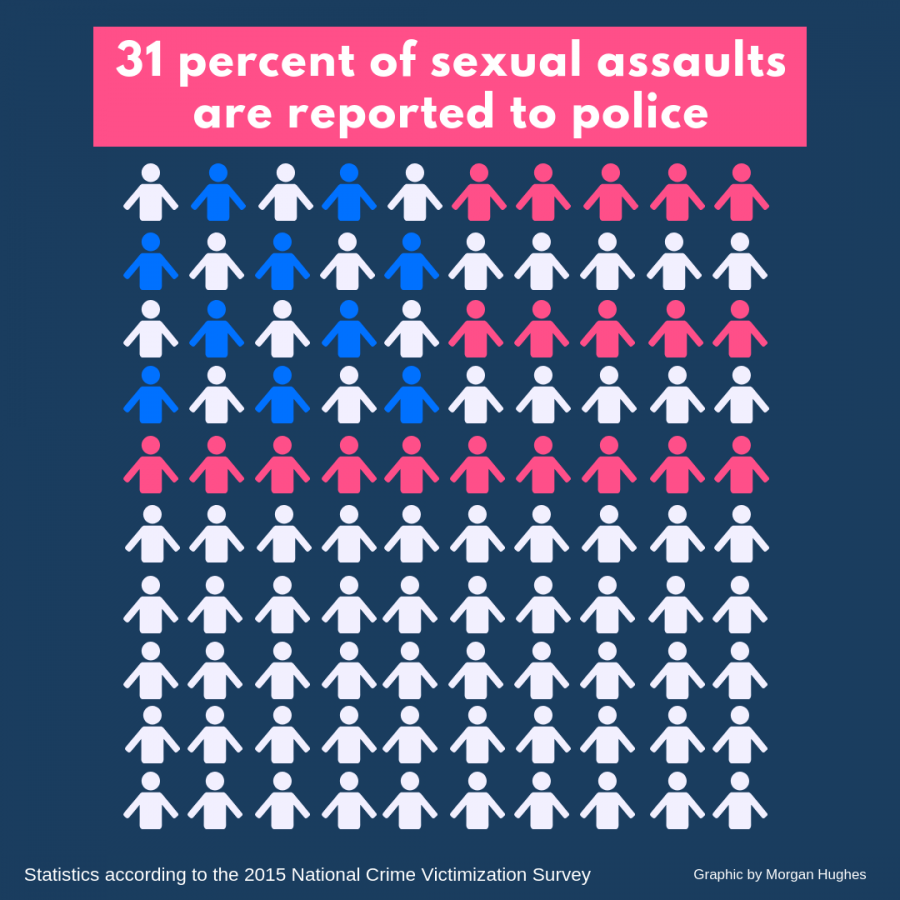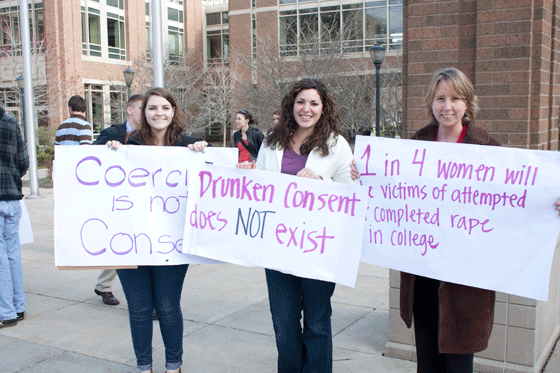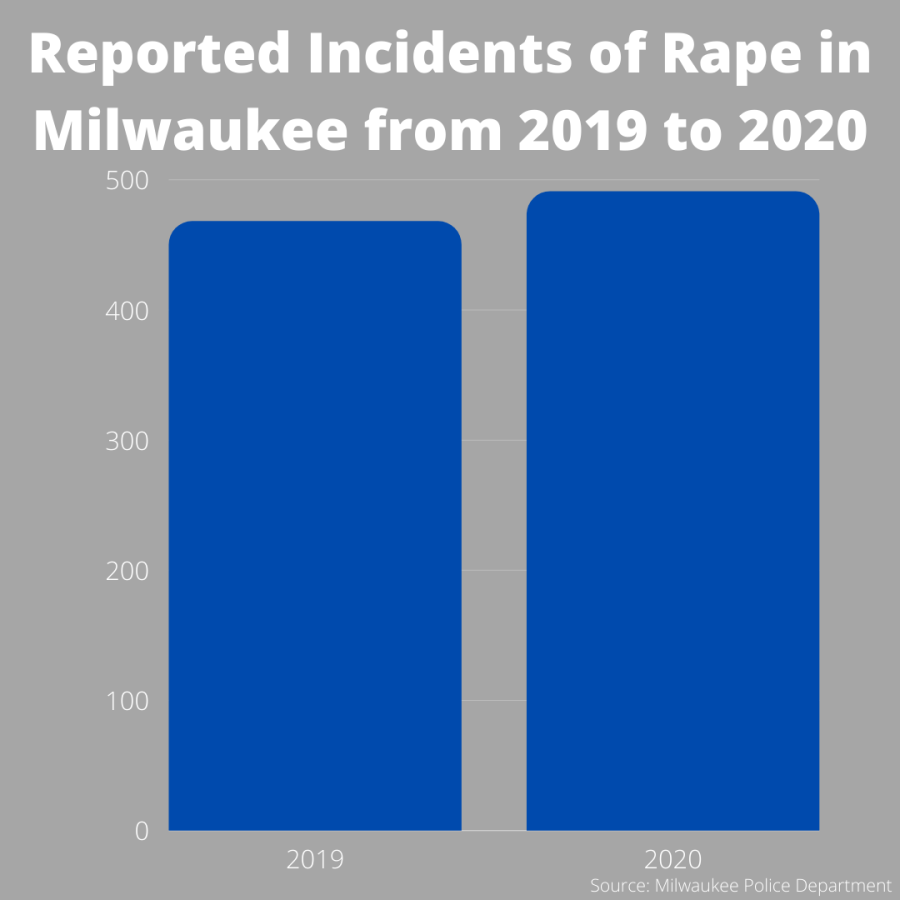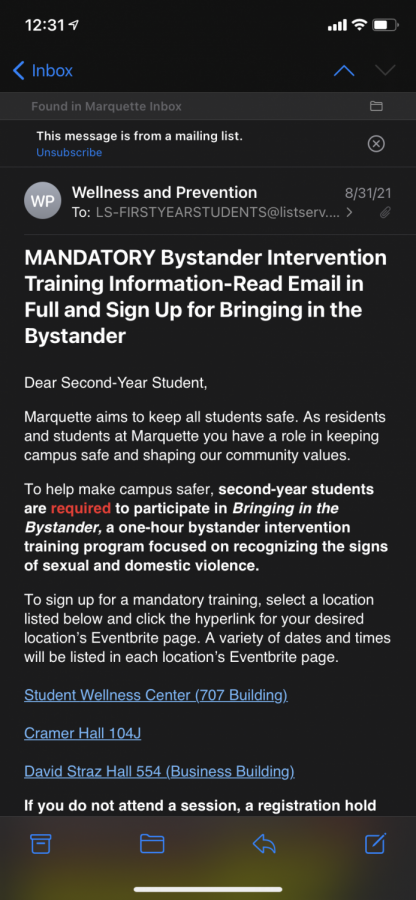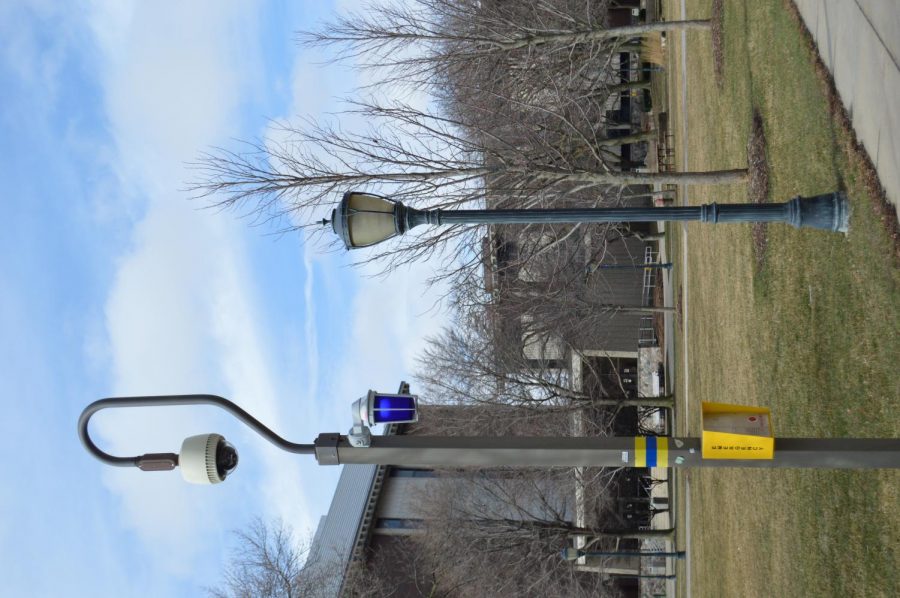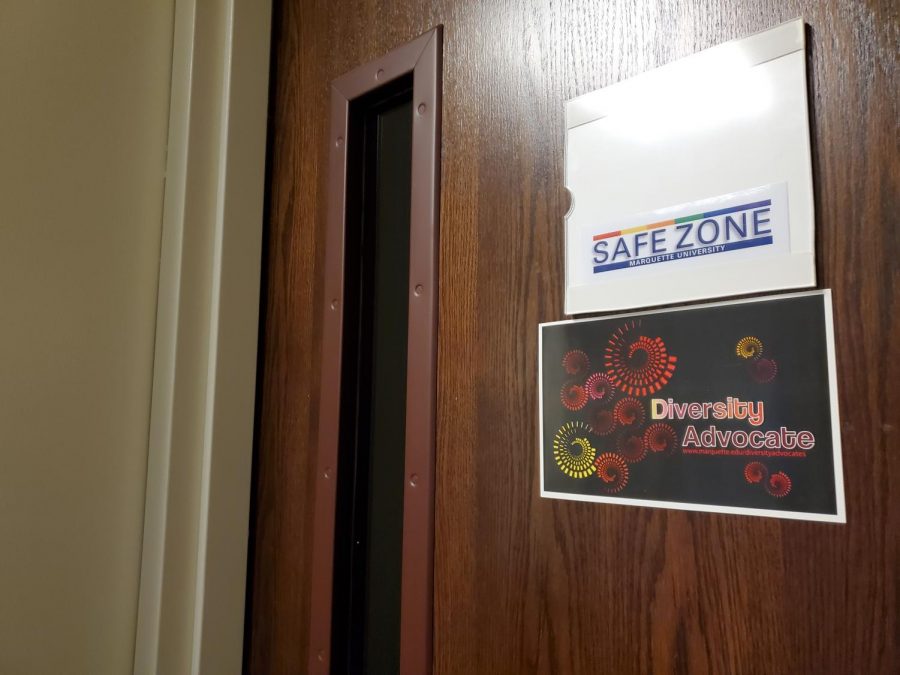An article reported by the Chicago Tribune in 2011 reads as follows:
“On a chilly Sunday morning, a 19-year-old Marquette University student walked into the campus security office and tearfully reported being raped by an athlete just hours earlier. She says two of the officers on duty that February day dismissed her claim, telling her they didn’t know whether it was a crime because she alleged the encounter began as consensual sex and ended as an assault.”
An article reported by the Marquette Wire, regarding a former student’s lawsuit against Marquette for this mishandling of a 2014 sexual assault, reads:
“Marquette appeared to have two motivations. To defer future sexual assault victims from pursuing charges,” said the complaint. “To intimidate Doe in an effort to cause her to leave Marquette, protect Marquette against legal action and discredit Doe as a complaint.”
The suit alleges that the former student was actively silenced while pursuing her assailant and eventually transferred to a community college.
An Op-Ed penned by university leadership just weeks ago, titled, “It takes all of us,” reads:
“Well before the Marquette University Police Department became a commissioned police department, when it previously served as the Department of Public Safety, the department strictly followed reporting protocols around sexual assault. ”
Based on the two aforementioned incidents alone, there seem to be some discrepancies between Marquette’s actions and its words regarding campus sexual assault.
The rhetoric used by the authors of the Op-Ed implies that campus sexual assault is handled admirably in every instance. They commended themselves on a job well done and left no room to address a counter-argument.
Sexual assault is prevalent on college campuses. More than 23 percent of undergraduate women and more than 5 percent of undergraduate men report having experienced a sexual assault while on campus. Title IX exists to protect those students and to help reduce those numbers for the future. It is crucial that students are able to hold that office accountable to best protect victims and prevent future assaults.
In response to the lawsuit filed this year, several Marquette student organizations attempted to hold a sit-in at the university’s Title IX office on the fourth floor of the AMU. Marquette Empowerment, an intersectional feminist student organization, had been in contact with Christine Taylor, the university’s Title IX coordinator, prior to the sit-in. Despite this, upon arriving at the office they were refused entry because of the sensitive information often discussed in the offices. Instead, they occupied the hallway and began calling Marquette’s Board of Trustees to raise their concerns.
In an email exchange between Taylor and Empowerment following the sit-in, the organization again lists their concerns, saying, “Our demands are centered around prioritizing the needs of survivors as well as working to ensure the safety of all Marquette students from sexual violence.”
The demands listed in the email include increased transparency, the expulsion of assailants, and subsidized and professional counseling for assault survivors.
This is not an issue of speech and it is not an issue of student’s right to protest. This is an issue of accountability.
When students protest actions of Marquette, and it refuses to acknowledge those students’ concerns, it isolates the students from the university. To create a unified campus culture, a goal of Marquette’s, the administration needs to acknowledge when students are attempting to hold them accountable.
The Op-Ed ignores any complaints levied against the university and trivializes student experiences. It establishes a rhetoric of us vs. them and pits the university against its students.
This month alone has tested Marquette’s response to sexual assault in various forms, from Betsy Devos, Trump’s secretary of education, rescinding sexual assault guidance for campuses, to the real events that occurred on campus two weeks ago.
Sexual assault survivor advocacy is not a partisan issue, it should not cause contention and should not be met defensively by any administration. This was a misstep, and we need to ask for more from those who claim to advocate for us.

